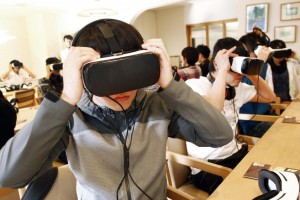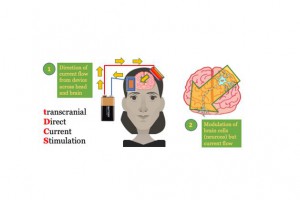MRI Study Shows Brain Changes and Differences in Children With ADHD
A new neuroimaging study found a significant decrease in neural flexibility at both whole brain and sub-network levels associated with cognitive flexibility in children with ADHD.
Multitasking is not just an office skill. It’s key to functioning as a human, and it involves something called cognitive flexibility – the ability to smoothly switch between mental processes.
UNC scientists conducted a study to image the neural activity analogues to cognitive flexibility and discover differences in the brain activity of children with ADHD and those without.
Their findings, in the journal Molecular Psychiatry, could help doctors diagnose children with ADHD and monitor the severity of the condition and treatment effectiveness.
Some people are more cognitively flexible than others. It’s just the luck of the genetic draw in some ways, though we can improve our cognitive flexibility once we realize we’re being inflexible.
Think of it like this: we’re cognitively flexible when we can start dinner, let the onions simmer, text a friend, return to making dinner without scorching the onions, and then finish dinner while also carrying on a conversation with your spouse.
We’re also cognitively flexible when we switch communication styles while talking to a friend and then a daughter and then a coworker, or when we solve problems creatively, say, when you realize you don’t have onions to make the dinner you want, so you need a new plan.
It’s part of our executive function, which includes accessing memories and exhibiting self control. Poor executive function is a hallmark of ADHD in children and adults.
When we’re cognitively inflexible, we can’t focus on some of the tasks, we pick up the phone and scroll social media without thinking, forgetting what we’re doing while making dinner. In adults but especially in children, such cognitive inflexibility can wreak havoc with an individual’s ability to learn and accomplish tasks.
UNC scientists led by senior author Weili Lin, PhD, director of the UNC Biomedical Research Imaging Center (BRIC), wanted to find out what’s happening throughout the brain when executive function, particularly cognitive flexibility, is off line.
Lin and colleagues used functional magnetic resonance imaging (fMRI) to study the neural flexibility of 180 children diagnosed with ADHD and 180 typically developing





Related Posts